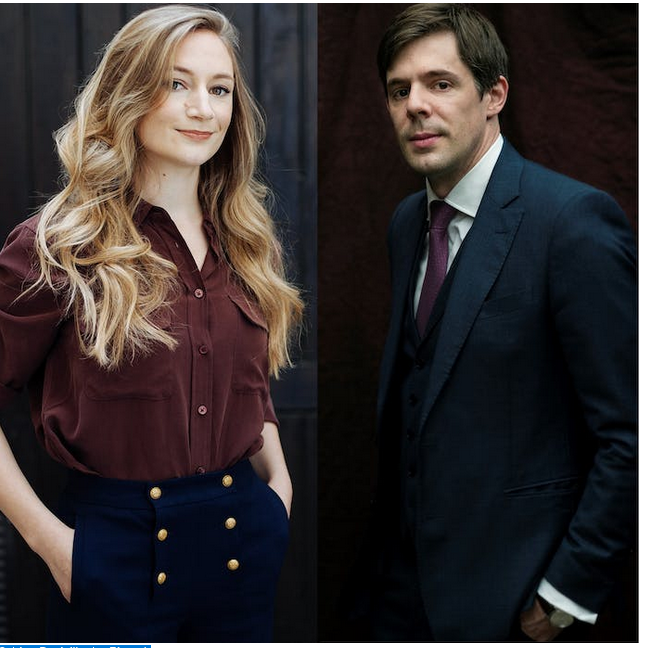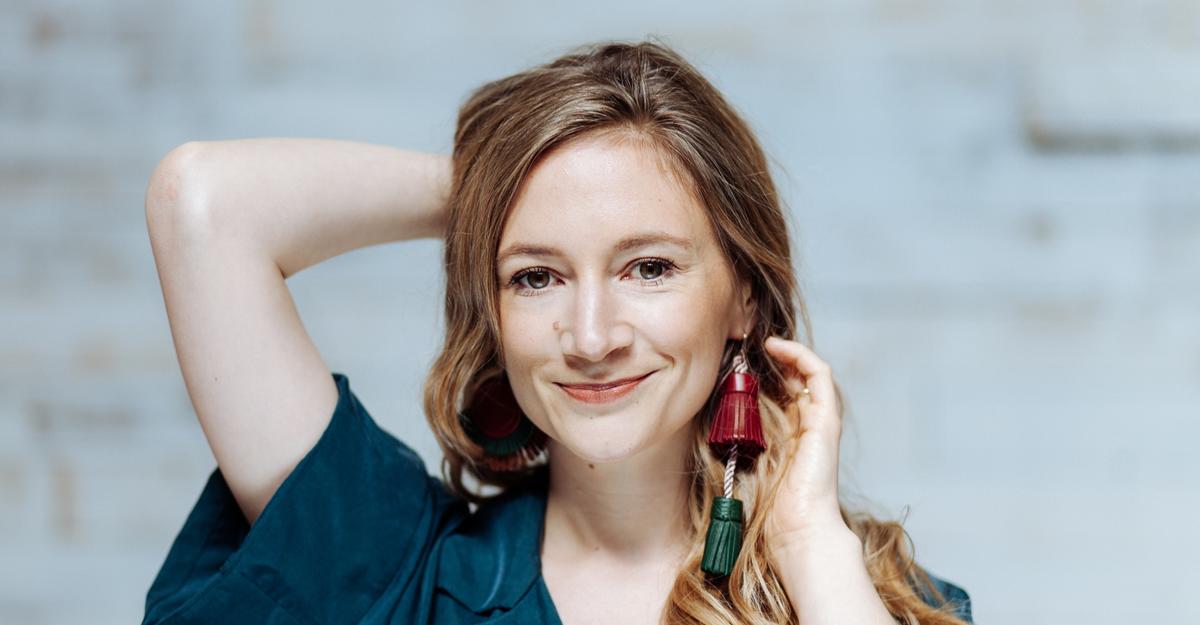From Vienna:
Sabine Devieilhe in Brahms Saal
On Friday, June 16th, Sabine Devieilhe performed a recital of lieder by Austro-German composers in the historic Brahms-Saal at the Musikverein in Vienna, Austria. The sixth concert of the Liederabende series put on by the Musikverein, the concert featured excellent interpretations of mainstream and lesser-known works of quite influential composers on the Austrian musical landscape. As a result, the influences throughout, from composers centuries apart, were laid quite bare.

The evening opened with four early works by Alban Berg, written while the composer was still emerging from the tutelage of Arnold Schoenberg. The songs, for juvenilia, are remarkable in their direct, psychological expression. My favorites from the set were “Spielleute” and “Sehnsucht II.” After the performance of Berg’s Menuett für Klavier F-dur, a remarkable work (performed with great eloquence by Mathieu Pordoy) which clearly connects Berg to his Viennese ancestry, Devieilhe delivered a later version of “Schließe mir die Augen Beide” from 1925, when the composer had fully embraced an atonal language.
The contrast is powerful; the first song, with its adherence to poetic phrase and ideals of chromatic saturation, strongly contrasts with the later version which was itself Berg’s first foray into serialism. Hearing the two together is revelatory of the new style and there is no wonder that both have been performed together since 1930 when they were published for comparison by the music journal Die Musik. Devieilhe, who is probably most famous for her coloratura soprano, delivered the songs with a depth, expression and attention to historical nuance that could probably be sourced in her skills in musicology (she studied musicology at the University of Rennes). Considering this, and the fact that she had just completed a run of Poulenc’s Dialogues des Carmelites at the Vienna State Opera, as the character Soeur Constance, she is probably one of the most versatile singers on the contemporary landscape.
Next were a couple of songs by Wolfgang Amadé Mozart, including “Komm, liebe Zither, komm” and “Das Veilchen.” “Das Veilchen” is more of an ariette than a lied, with moments of recitative and shifting mood, always directed by the text. Its anthropromorphization of a violet, and the lament at its harsh ending points to later lieder from both Carl Maria von Weber and Franz Schubert. While these songs were lighter fare than the Berg that preceded these works and the Wolf Lieder to come, the Mozart works served as a pleasant reset and a grounding in the earliest of romantic (or the latest of classical) language in Mozart’s works.
 A late romantic, ahead of his time and on the precipice of the later movements of Impressionism and even Expressionism, Hugo Wolf’s lieder maintain an important place in the repertoire, pointing to the masterpieces of Schoenberg and Strauss even as they extend the worlds of Schubert through the chromatic universe of Wagner. Of the set, Devieilhe’s performance of “Wie glänzt der helle Mond” was most remarkable. The clear intonation and gentle vibrato in her instrument, standing out in chromatic beauty, brought out Wolf’s subtle expression of an anxious, passive, and older man confronted by a dominant woman.
A late romantic, ahead of his time and on the precipice of the later movements of Impressionism and even Expressionism, Hugo Wolf’s lieder maintain an important place in the repertoire, pointing to the masterpieces of Schoenberg and Strauss even as they extend the worlds of Schubert through the chromatic universe of Wagner. Of the set, Devieilhe’s performance of “Wie glänzt der helle Mond” was most remarkable. The clear intonation and gentle vibrato in her instrument, standing out in chromatic beauty, brought out Wolf’s subtle expression of an anxious, passive, and older man confronted by a dominant woman.
The second half of the program returned to a number of songs by Mozart, before proceeding to several by Richard Strauss. “Amor,” from Strauss’ Sechs Lieder, Opus 68, setting a text by Clemens Brentano, came off remarkably well. Strauss composed the songs for Elisabeth Schumann, a famous singer of his day with a light and delicate coloratura voice. Here Devieilhle allowed the delicacy of her instrument to blossom in an endearingly intimate manner.
Within the remarkable Brahms Saal, whose decay time is barely any shorter than that of the golden hall next-door, the high Romantic works of Wolf and Strauss were cushioned by a warmth in a space that both composers might have recognized. For the Mozart the room felt as though it might have been just a little too alive in the lower register, while for the Berg, especially in his atonal language, the decay was just too long and the clarity of his language somewhat blurred. Throughout, breaking these songs up with brief solo piano pieces, played with great delicacy by Pordov, was genius, allow both a palate cleansing and a moment to reflect before the next masterpiece.
In all, hearing these songs performed side by side brought the Viennese style into a sharp relief and left me wondering why Wolf, Strauss and even Mahler (an interesting lacuna in the program) aren’t accorded their own “Viennese School” by historians. In any case, one waits in anticipation for a recording! In the meantime, here is an old video of the two performing Mozart’s folk song “Ah! vous dirai-je, maman.”



